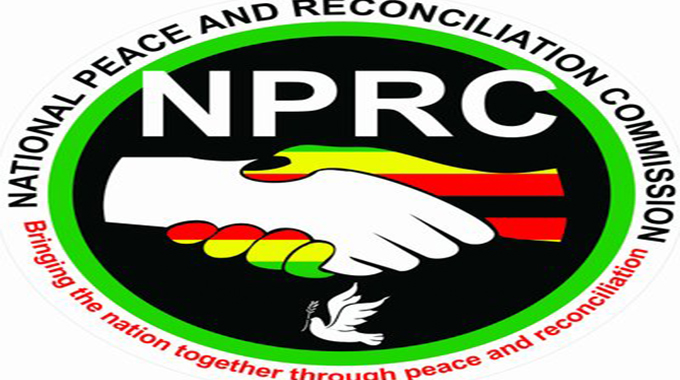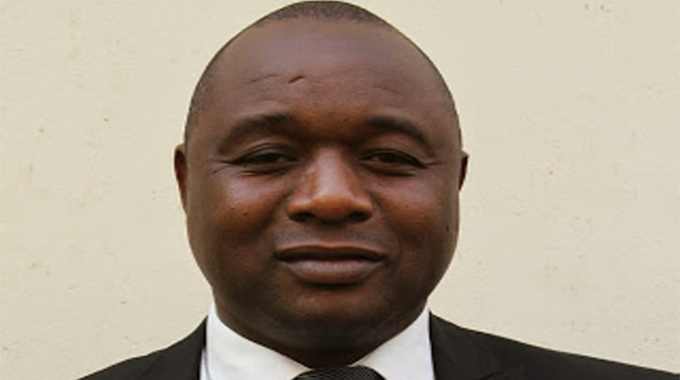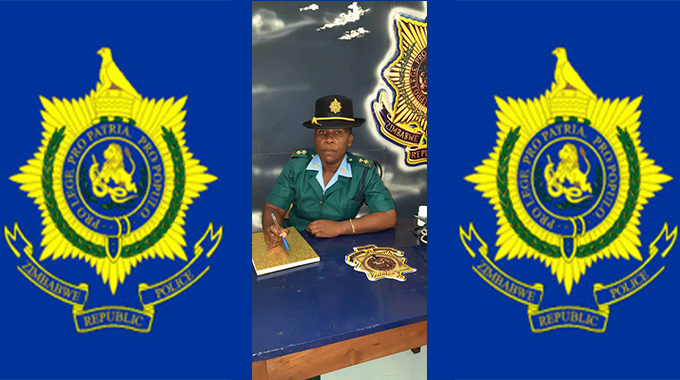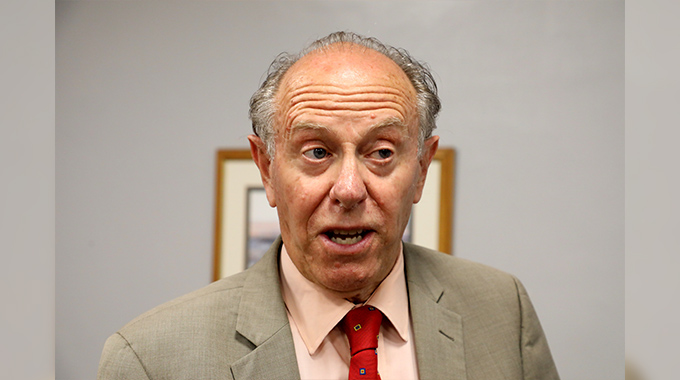NPRC sets dates for peace committees

Pamela Shumba, Senior Reporter
THE National Peace and Reconciliation Commission (NPRC) has set dates for setting up peace committees in the country’s 10 provinces as part of efforts to enhance the resolution of the country’s conflicted past and healing process.
The NPRC last month embarked on a nationwide outreach programme to share with the public mechanisms and approaches that will be utilised in handling national healing issues.
The 21-day outreach programme, which ended last week, included the strategic priorities for 2019 such as public hearings for healing and reconciliation, mechanisms for early detection of conflicts, national dialogue facilitation, setting up of peace committees, evidence-based legislative and policy recommendations.
In an interview yesterday, NPRC spokesperson Mr Philemon Shereni said the commission will set up peace committees in all the country’s provinces, starting with Harare on May 28.
“From Harare we’ll move to Mashonaland West on May 31 before we set up another peace committee in Mashonaland Central on June 4 and Mashonaland East on June 7.
“On June 11 we’ll be in Matabeleland North and we’ll move to Matabeleland South on June 14 and Bulawayo on June 18. Manicaland will have its peace committee set up on June 21, Masvingo on June 25 and Midlands on June 28,” said Mr Shereni.
He said once all the peace committees are in place, the NPRC will commence hearings where people are expected to share their experiences on Gukurahundi and other political disturbances and their views on how the country can heal and move forward.
Mr Shereni encouraged the public to participate in the upcoming NPRC hearings and programmes, which seek the truth, peace and ways to move forward as a country.
The commission has met Government officials, traditional leaders, churches, arts and cultural organisations, civil society, business, academia, persons with disabilities, women and youth, among others.
President Mnangagwa signed the National Peace and Reconciliation Commission Bill into law in January, which operationalised the commission that was appointed in 2016.
The Act provided for the functions, powers, operations and removal from office of the members of the Commission, manner of conducting investigations and staffing of the Commission, among others.
The NPRC was established under Sections 251 to 253 of the Constitution to ensure post-conflict justice, healing and reconciliation, to develop programmes to promote national healing, unity and peaceful conflict resolution.
Section 252 of the Constitution states that the NPRC’s functions are to ensure post-conflict justice, healing and reconciliation.
President Mnangagwa pledged to ensure the capacitation of the Government with resources for exhumation and reburials for Gukurahundi victims, the documentation exercise of Gukurahundi victims without identity particulars, provide medical services to victims and hold public meetings.
Last month, the NPRC witnessed the exhumation of the remains of a couple that was killed in Tsholotsho during Gukurahundi in 1983.
The exhumation was conducted by Ukuthula Trust, an expert organisation in the field of pathology, in the presence of NPRC commissioners, family members and villagers.
— @pamelashumba1












Comments